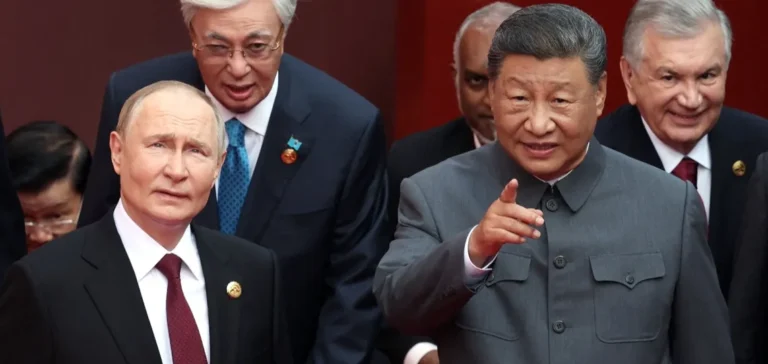Russia is exploring new options to expand its crude oil deliveries to China and deepen cooperation in liquefied natural gas (LNG), according to statements made by Russian Deputy Prime Minister Alexander Novak at a Sino-Russian business forum in Beijing. The move comes as US sanctions intensify against Russia’s main hydrocarbon producers.
Since the start of the conflict in Ukraine in February 2022, China and India have become the main buyers of Russian oil. Beijing receives around 1.4 million barrels per day (bpd) via maritime routes, along with nearly 900,000 bpd transported through pipelines. Alexander Novak stated that Moscow is considering an extension of flows via Kazakhstan with terms possibly reaching until 2033, in line with existing intergovernmental agreements.
Expanded talks on bilateral oil flows
The Deputy Prime Minister said Russia sees potential to increase exports by both sea and pipeline. He noted that discussions are ongoing with Chinese partners to boost transported volumes and optimise delivery routes. Talks have also focused on securing long-term stability of flows, a point Moscow considers crucial in the current environment.
Alexander Novak later met with Chinese Vice Premier Ding Xuexiang, reaffirming that Russia remains a reliable supplier of oil and gas to China. He stressed that energy remains a strategic field within bilateral relations and called for intensified joint project development.
Strengthened cooperation in liquefied natural gas
Alongside oil discussions, Russia is continuing to develop LNG operations with its Chinese partners. China National Petroleum Corporation (CNPC) holds a 20% stake in the Yamal LNG plant, while the Silk Road Fund owns 9.9% of the Arctic LNG 2 project led by Novatek. Russian LNG exports have nonetheless been limited by US sanctions, which restrict use of the tanker fleet required for fuel transport.
Despite these constraints, China received its first cargo from Arctic LNG 2 at the end of August, days before a summit between both heads of state. Alexander Novak stated that, in the face of external challenges, it remains essential to maintain joint projects and advance planned infrastructure investments.
Strategic shift toward Asian markets
Bilateral exchanges indicate a clear intention by Russian authorities to consolidate their energy foothold in Asia. Talks are aimed at ensuring continuity of flows despite growing sanction pressures, while securing commercial and industrial commitments with Chinese companies. Alexander Novak’s remarks underline the importance of these partnerships for energy trade stability between the two nations.






















